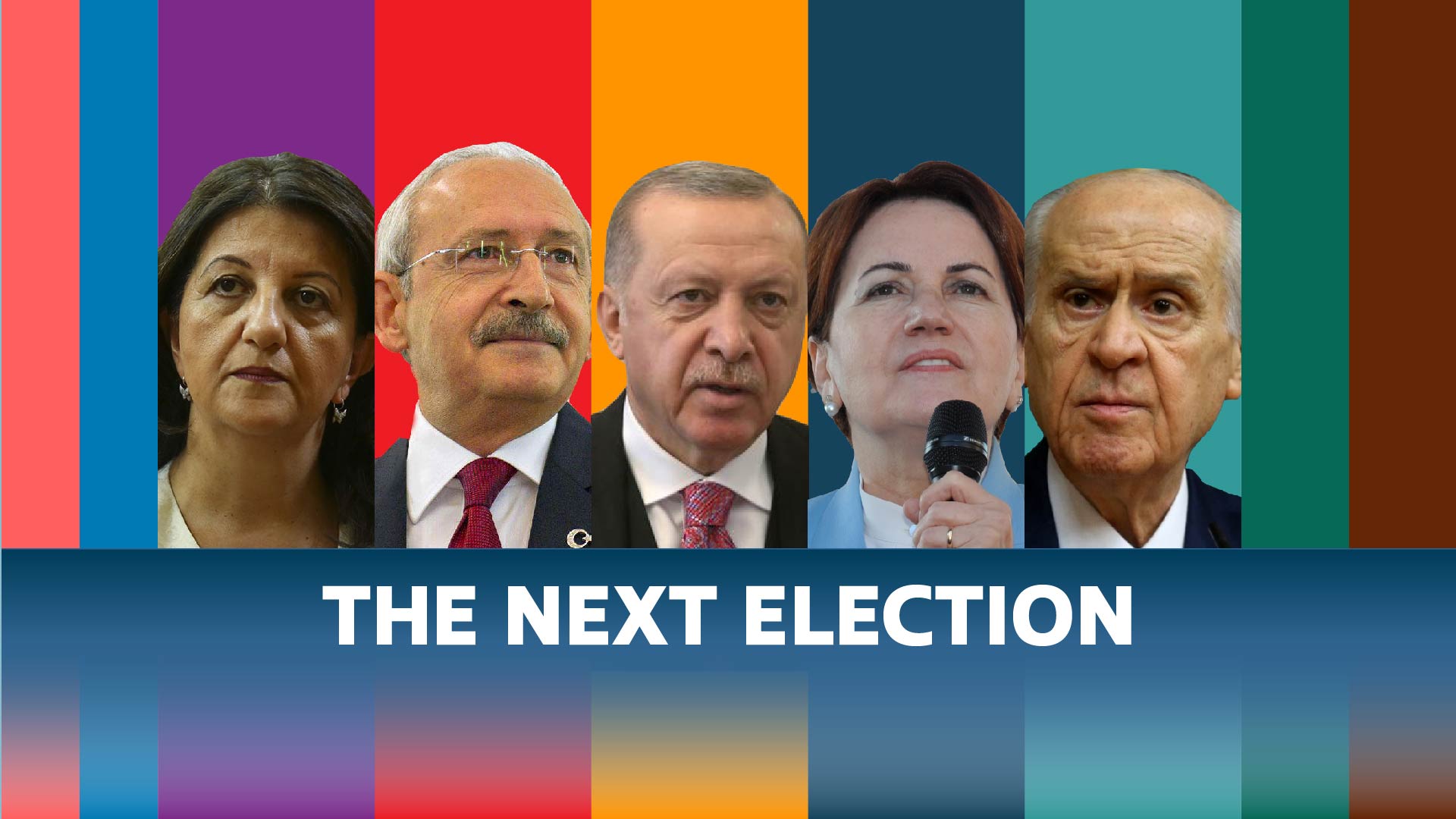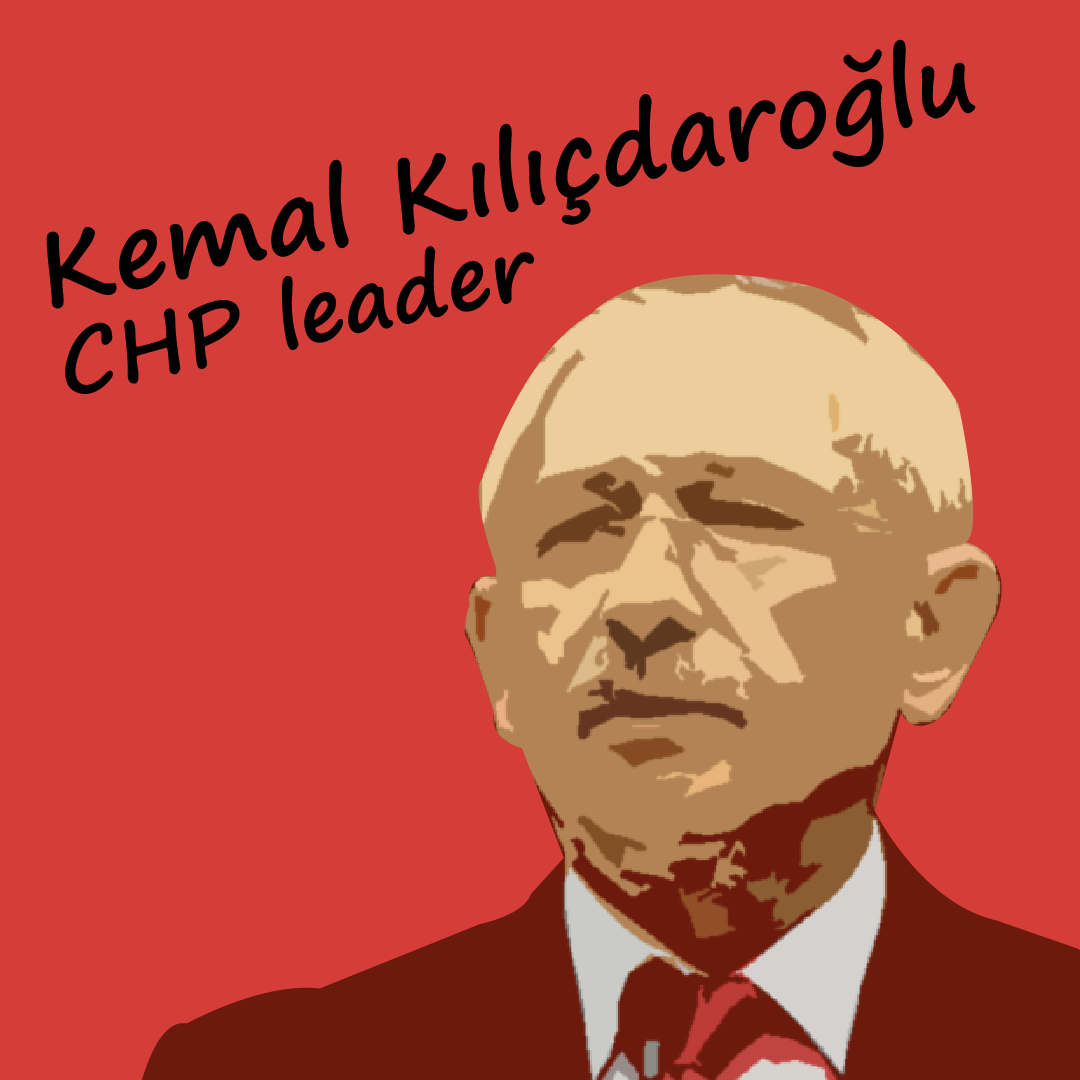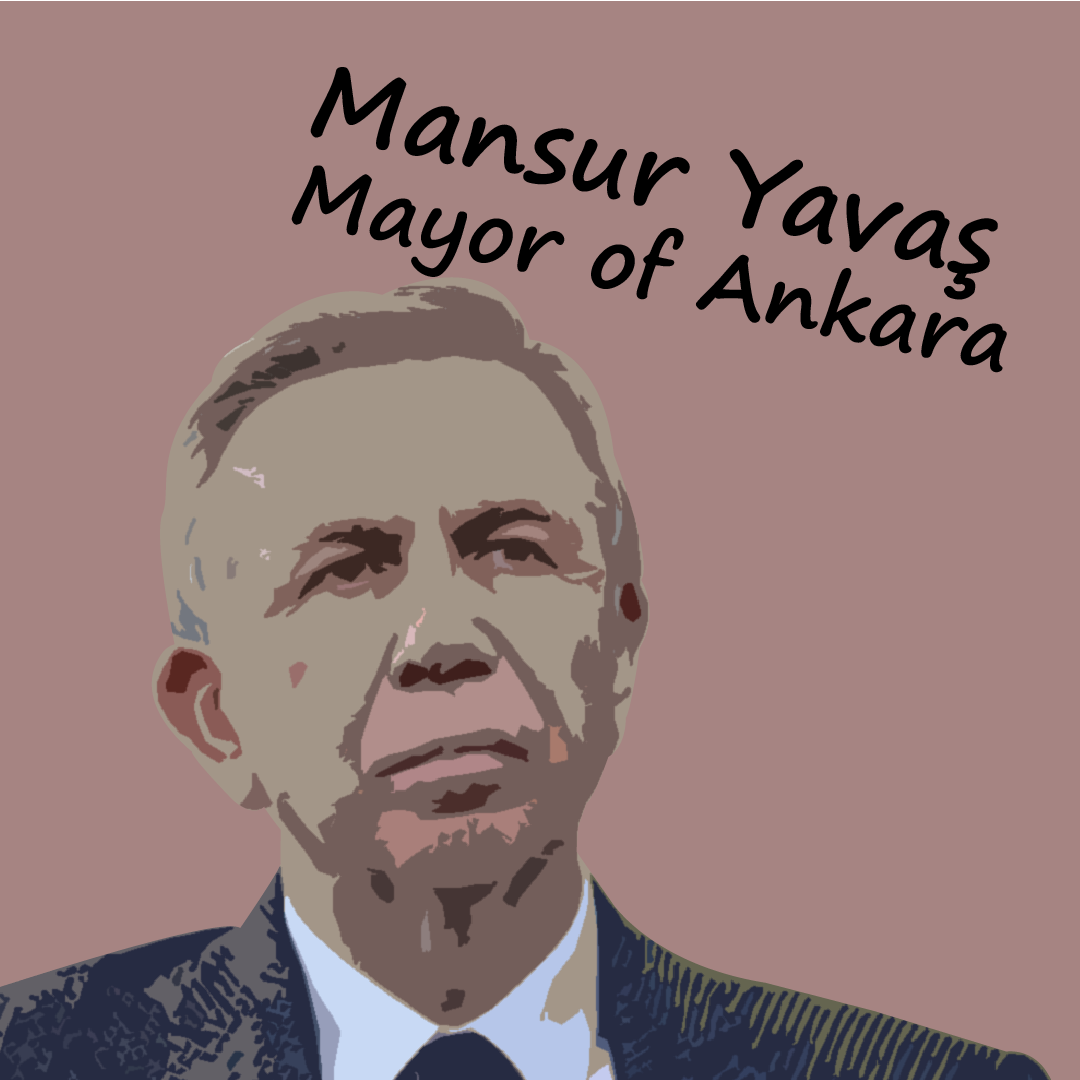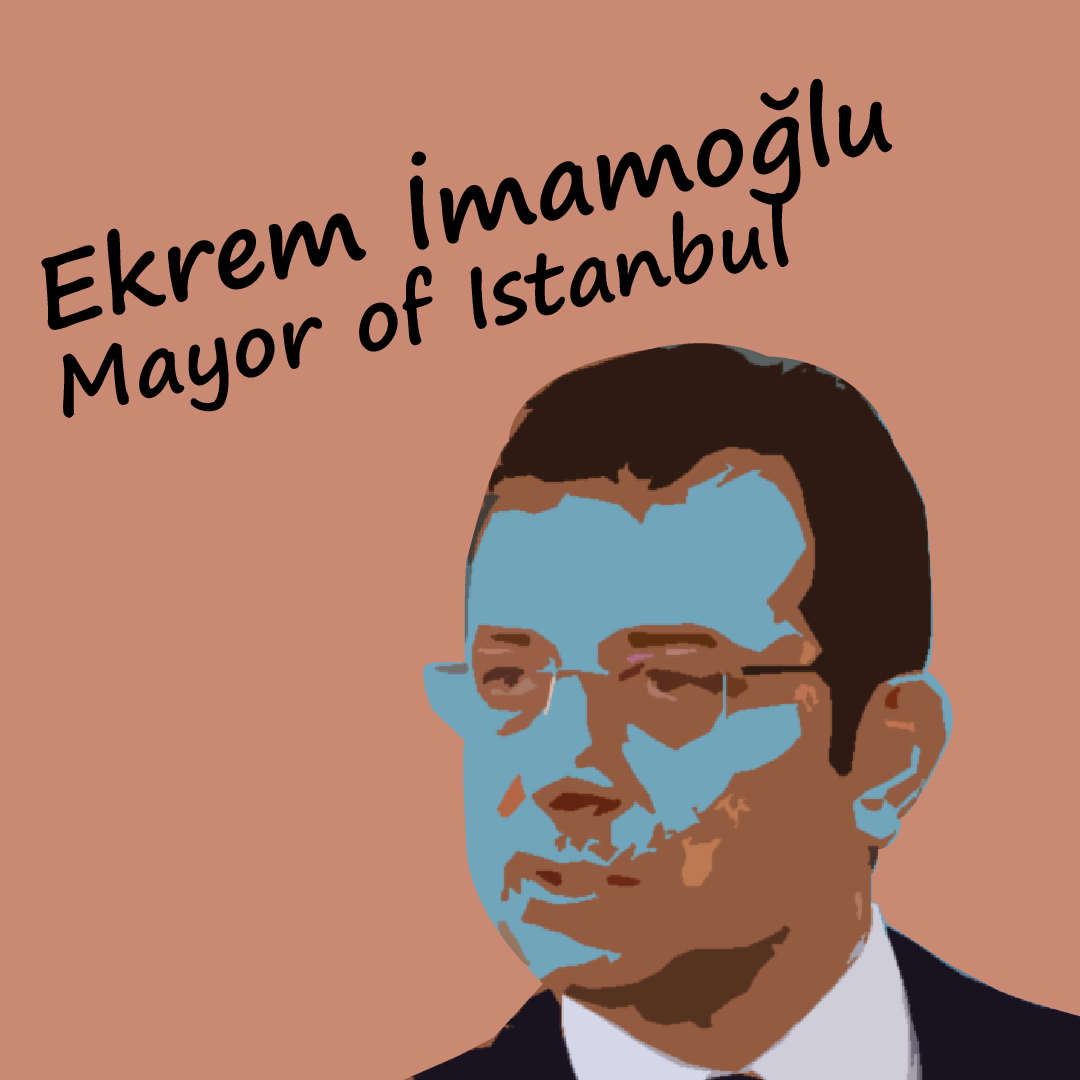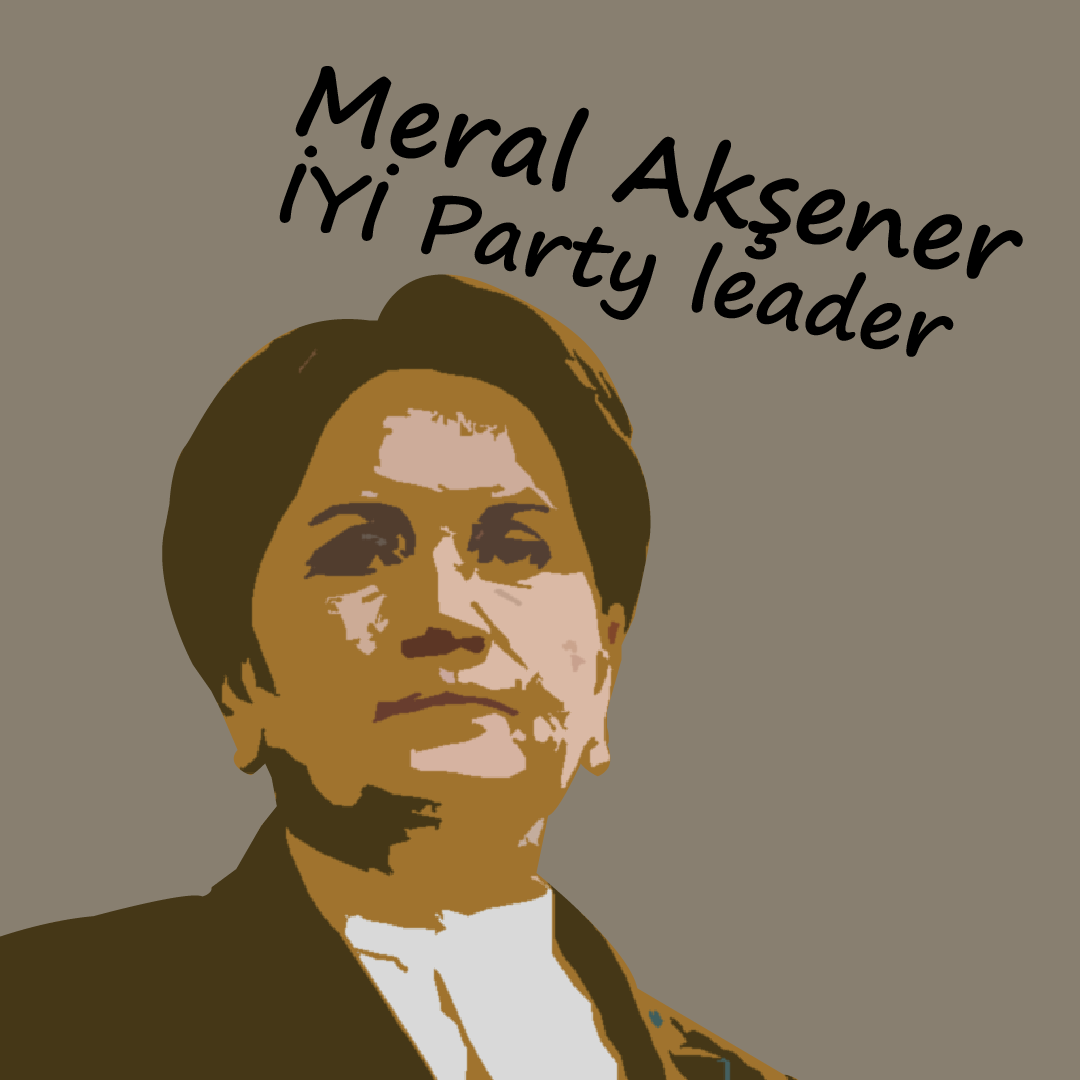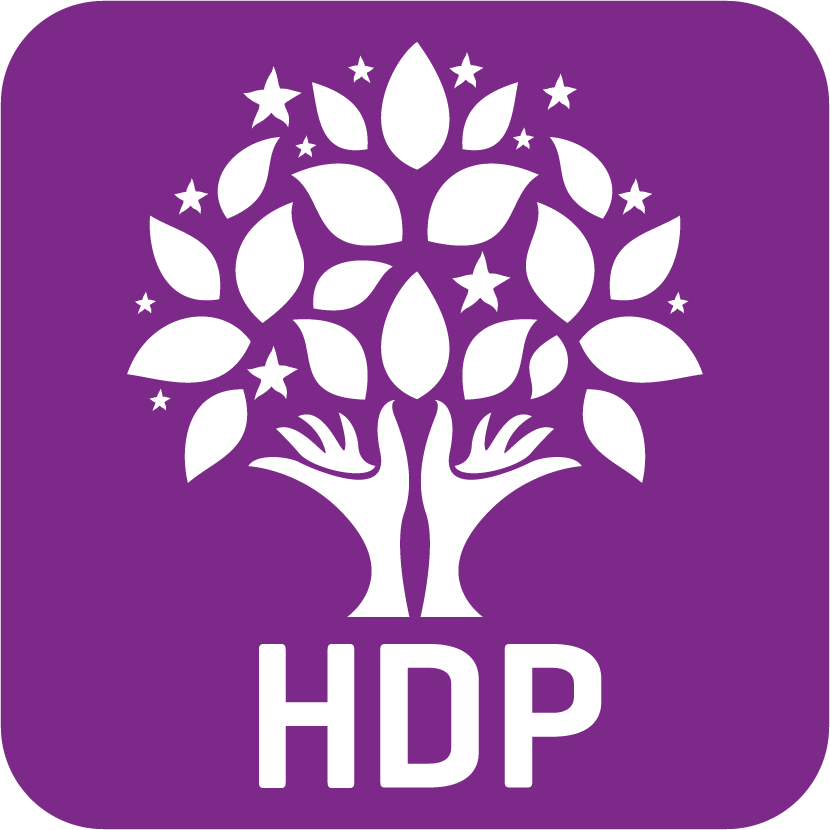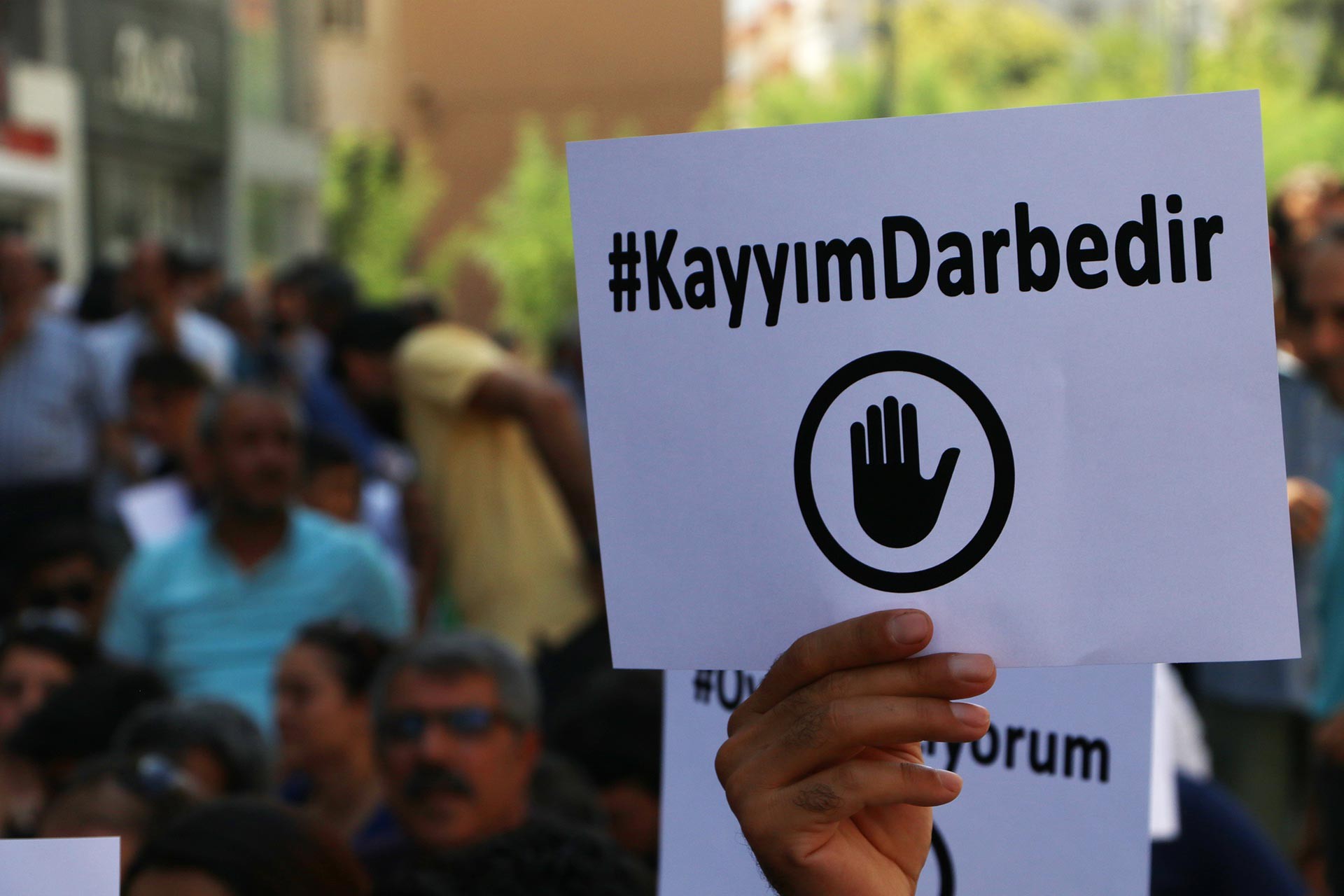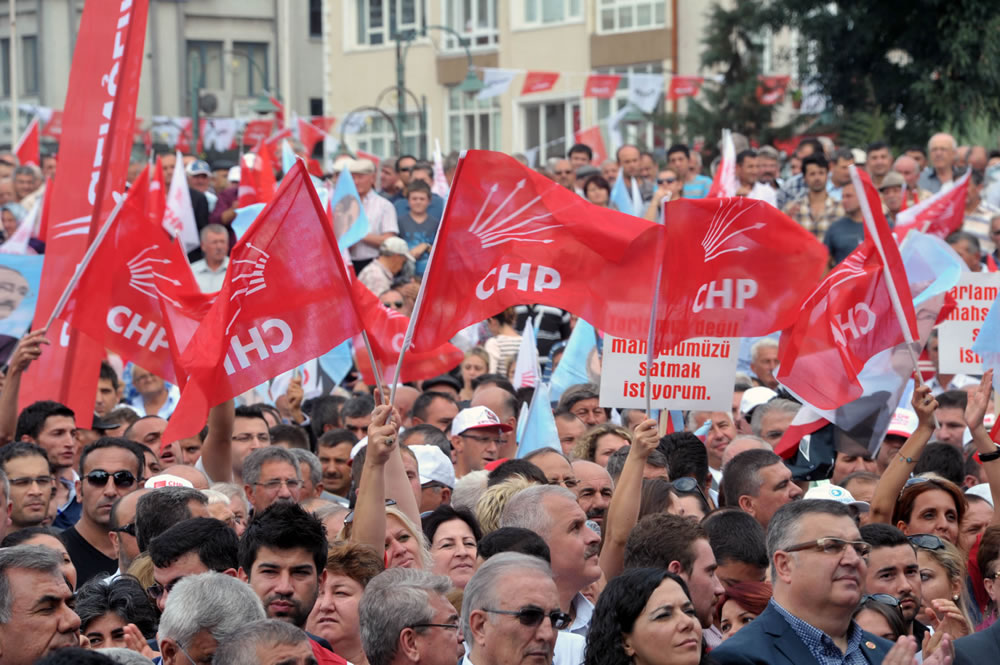Parliamentary terms in Turkey are set at five years in the constitution, but they usually end before that time.
Political turbulence, economic strife, military intervention — or even a combination of all three — have meant that in the 75 years since competitive elections were held in 1946, the majority of elections were called early.
The last election was held in June 2018, meaning presidential and parliamentary elections must be held on
Sunday 18 June 2023
However, there are two routes to trigger a vote on an earlier date.
What you can find here
This page collects JamesInTurkey.com’s coverage of the developments and issues as they emerge ahead of the next Turkish election, which has not yet been called. It includes information on:
- the main candidates vying to stand against Recep Tayyip Erdoğan;
- the main parties expected to run when the election is called;
- opinion polling, including the JamesInTurkey monthly poll tracker;
- how an election is triggered in Turkey;
- whether Recep Tayyip Erdoğan can run for a third term.
Who will run against Erdoğan for the presidency?
Speculation has centred around four individuals. Three are members of the main opposition Republican People’s Party (CHP); the fourth, Meral Akşener, has ruled herself out but many observers believe that’s not the end of the story.
Pick a candidate to read more.
What do the polls say?
JamesInTurkey.com tracks the publicly-available Turkish voter intention surveys in its monthly poll of polls. It is a measure of people who, as far as we can determine, have explicitly said they will vote in the next election. Undecided voters are not included.
The most recent data is from November 2022.
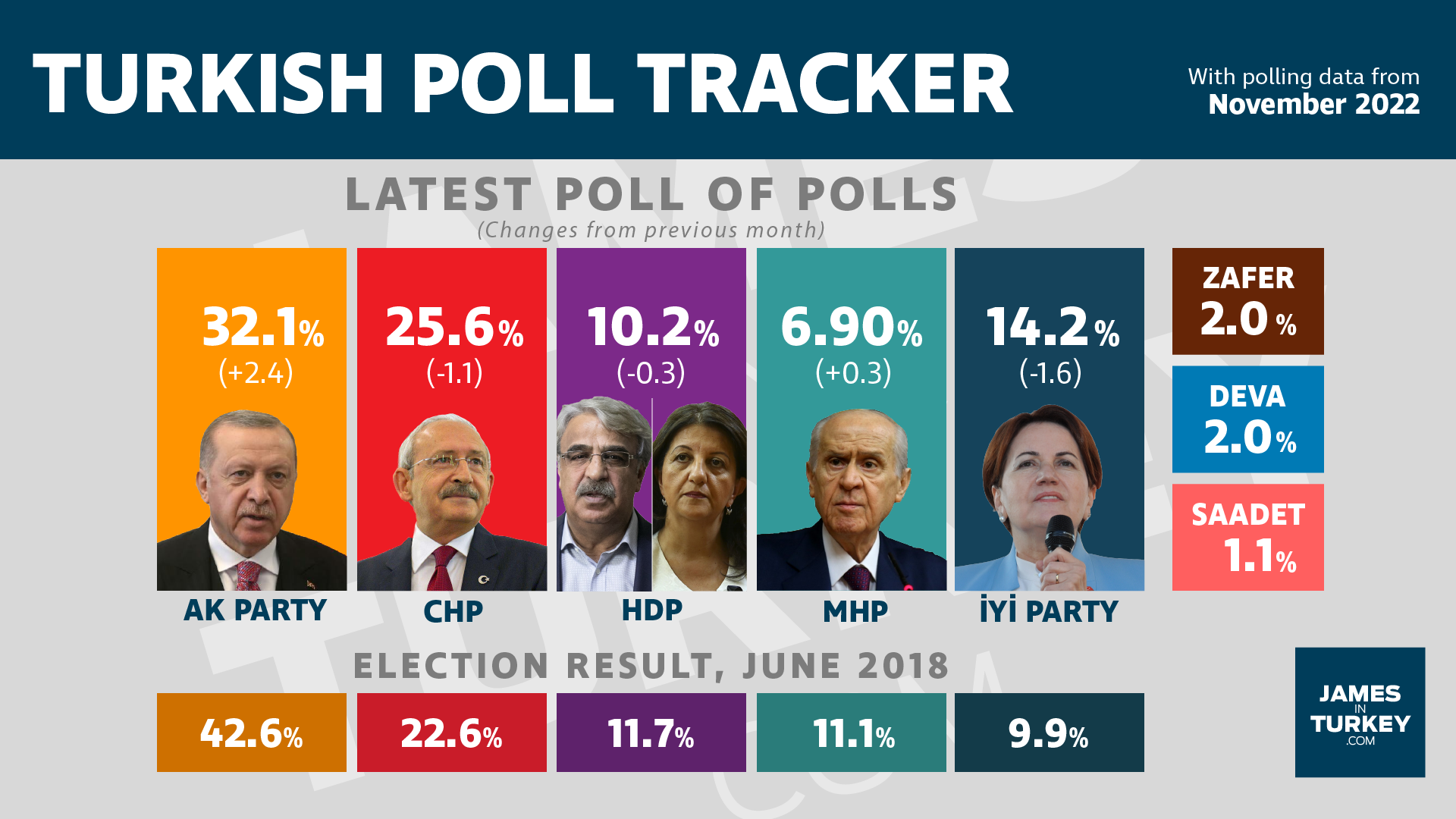
Summary
- support for the governing AK Party has recovered slightly after dropping below 30% in the late spring;
- the alliance between the centre-left CHP and nationalist İYİ is a credible rival to the government;
- despite being essentially ignored by government institutions and most media, the pro-Kurdish HDP’s support is holding steady;
- Several new parties have emerged since the middle of 2019, but none have really made a mark. They fall into four broad categories:
- Saadet, which has a tiny but established voter base;
- DEVA and Gelecek, which have made a very limited impact;
- the far-right Zafer, whose anti-migrant rhetoric has captured the awareness of some voters;
- Movements founded by prominent individuals, including Mustafa Sarıgül and Muharrem İnce, which have negligible support.
How the tracker works
The JamesInTurkey.com tracker is a simple monthly average: it is the mean value of the voting intention figures published by Turkish pollsters in a given month. It then weighs down that figure with the previous month’s average, which helps protect against extreme outliers. This helps build a picture of the trend in Turkish voting intention.
Polling companies are added to tracker at the discretion of me — Michael Sercan Daventry. I have three main rules for including a particular company’s data:
- Parliamentary voting intention figures must be published at regular intervals, preferably monthly;
- The pollster must have been in existence for at least a year;
- Their figures must be publicly available — on social media, or on the company’s own website.
There are some things the tracker deliberately does not do:
- It does not distinguish between pro- and anti-government pollsters;
- It does not filter pollsters by reliability, reputation or data gathering methods;
- Undecided voters are not included.
Which pollsters do you use?
As of September 2022, the pollsters included in the monthly tracker are Area, Avrasya, Istanbul Ekonomik Araştırma, Metropoll, ORC, and Yöneylem.
Other pollsters and the reasons why they are excluded include Konda (does not publish publicly), Aksoy, MAK, Optimar and SosyoPolitik (publish data irregularly), and PİAR and Sonar (appear to be inactive).
Past rolling averages
The parties
Eight significant political parties will be among those eligible to compete if the election is held in mid-to-late 2021.
How to trigger an early vote
Under constitutional referendums passed in 2017, either the president or parliament can call an early election. The law contains a “double-lock” clause that an election must be held to elect the president and all 600 MPs on the same day. The two elections run in parallel and cannot be divided.
The president can trigger an election simply be deciding to hold one: a decree from his office is enough.
Parliament can trigger an election so long as three-fifths of all MPs — that’s 360 of them — vote for it. At present, neither the government nor the opposition command enough seats to do this without the other’s support.
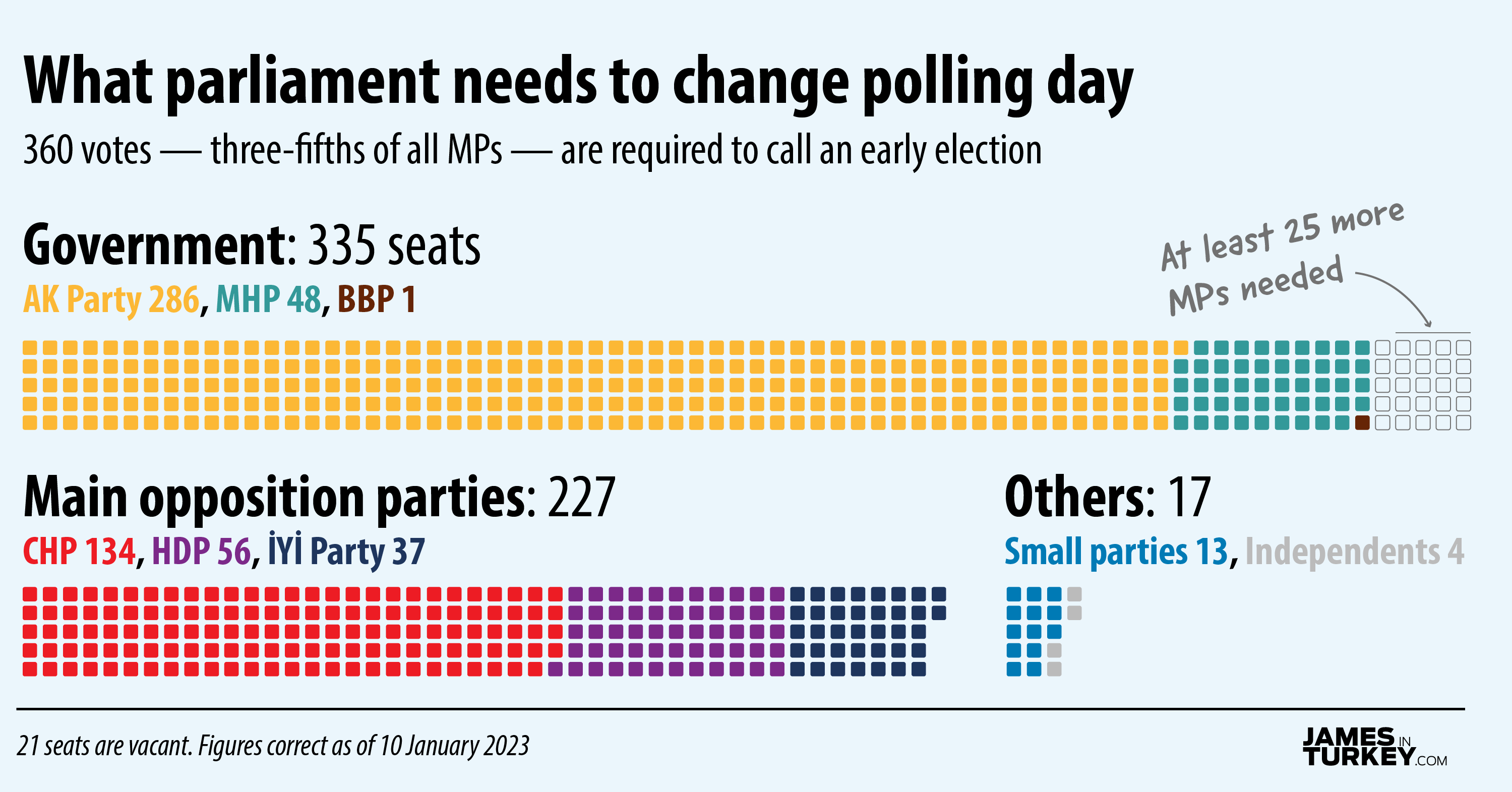
Can Erdoğan run again?
This is a more complicated question that it sounds. It depends on whether it is he (as president) or parliament that triggers the election. This topic is considered in copious detail in JamesInTurkey’s explainer page here.
[Back to top]





